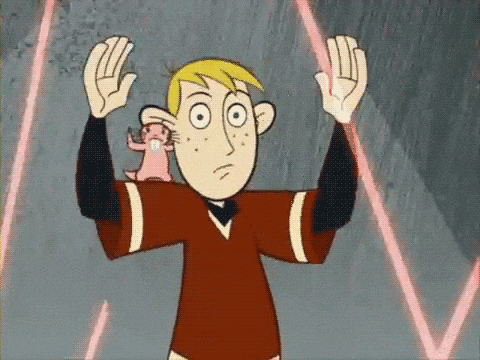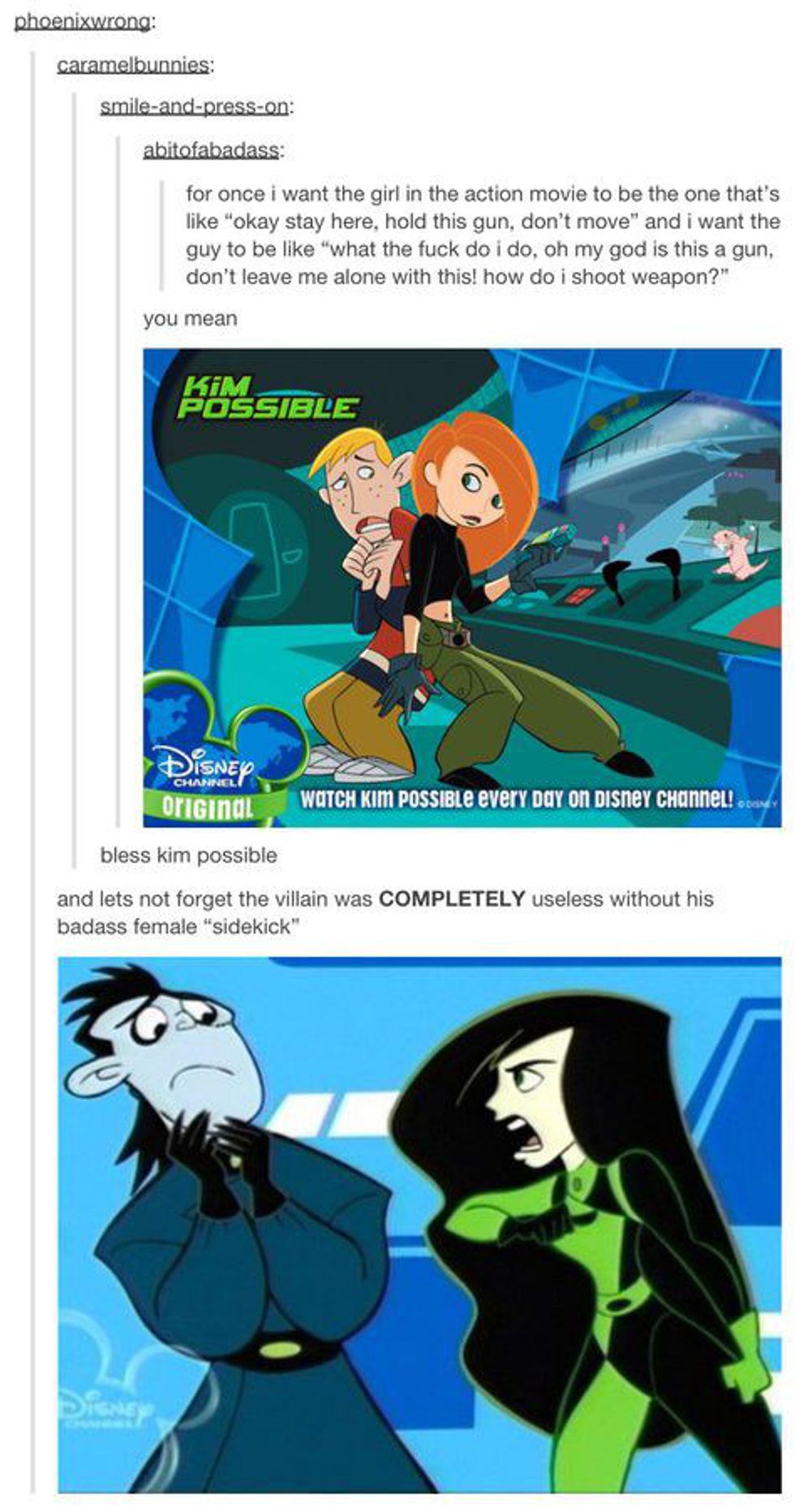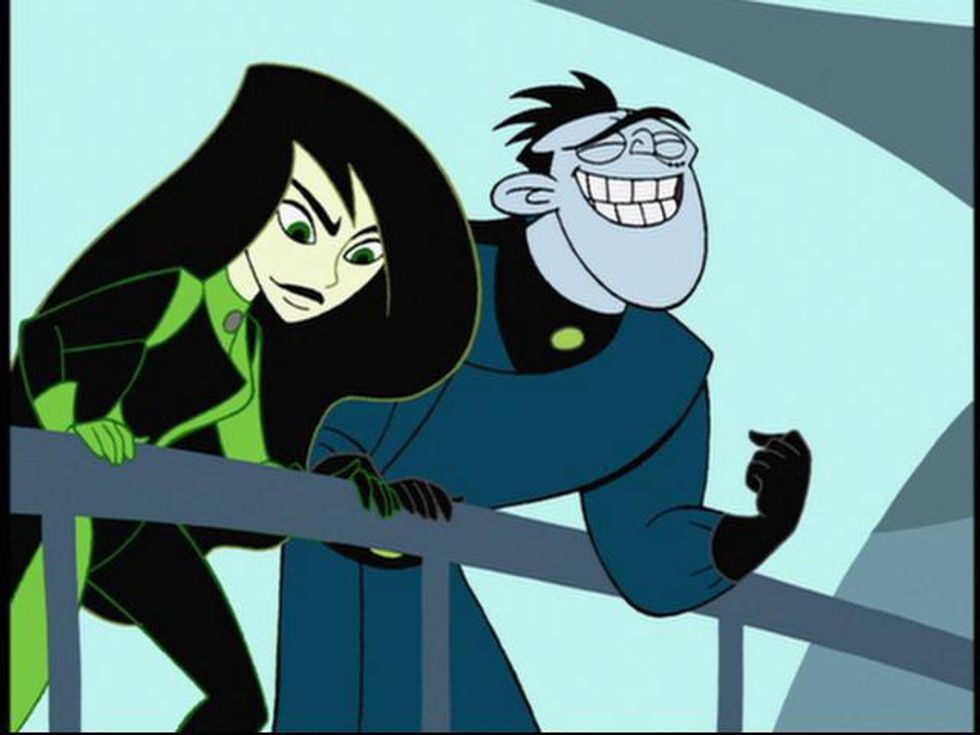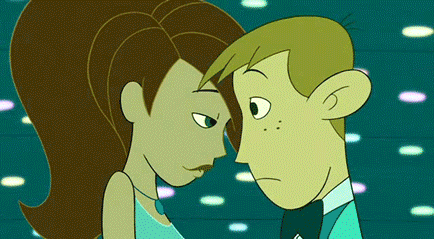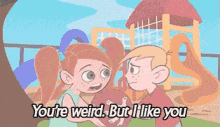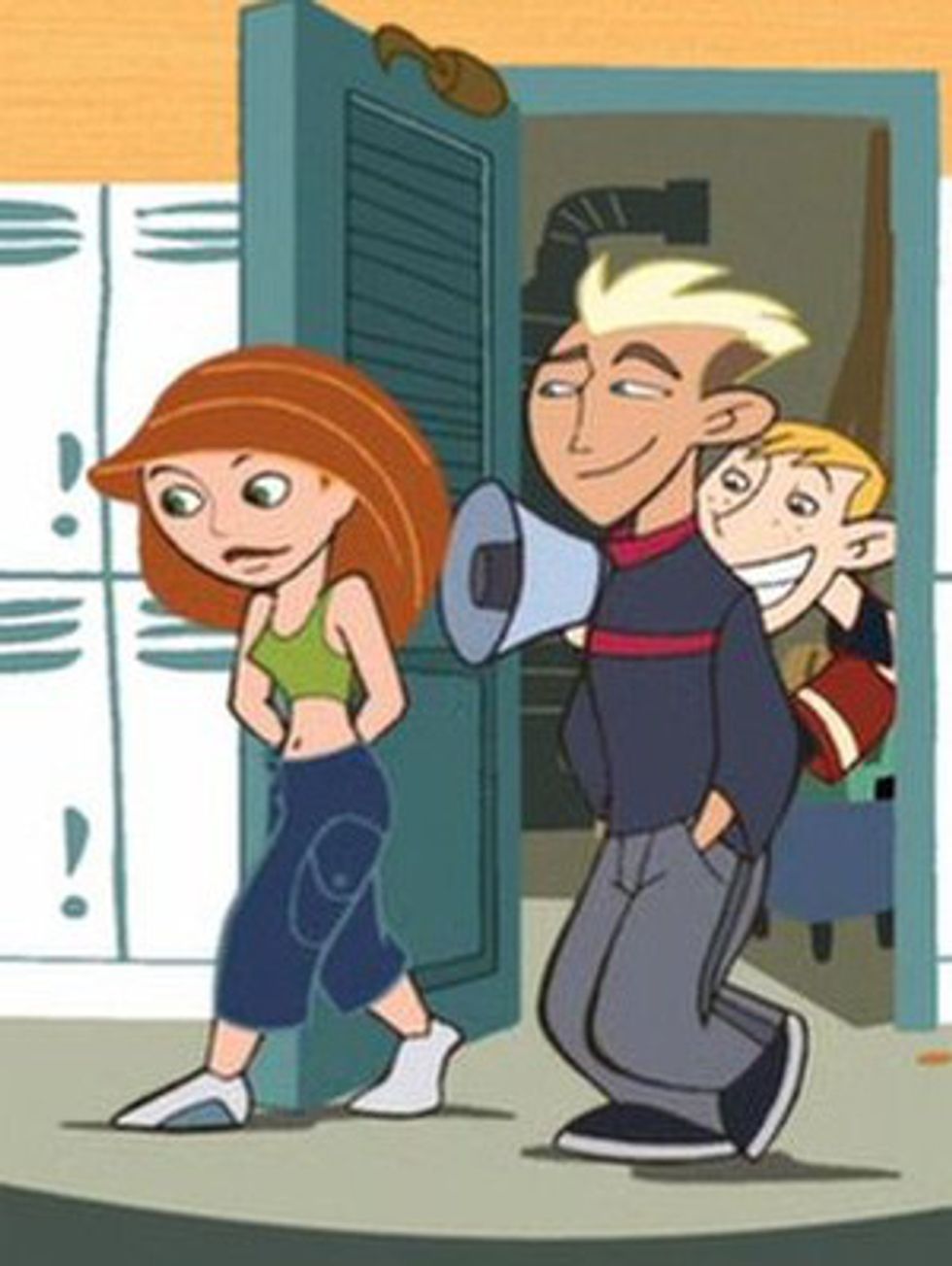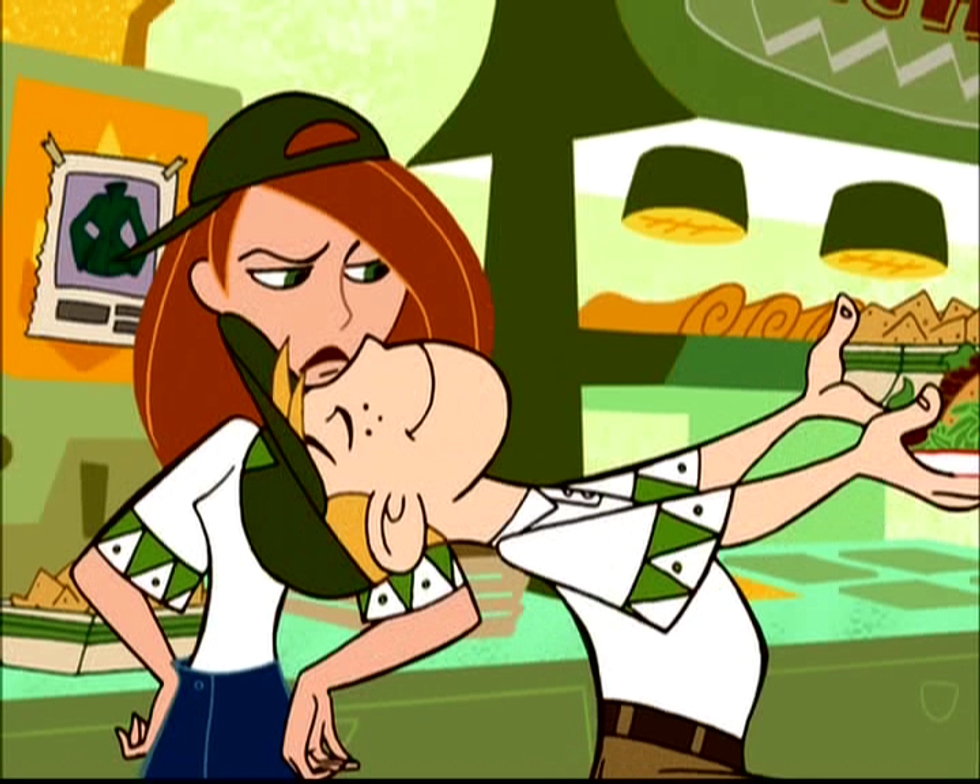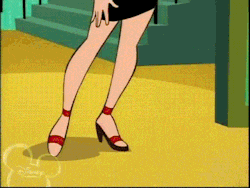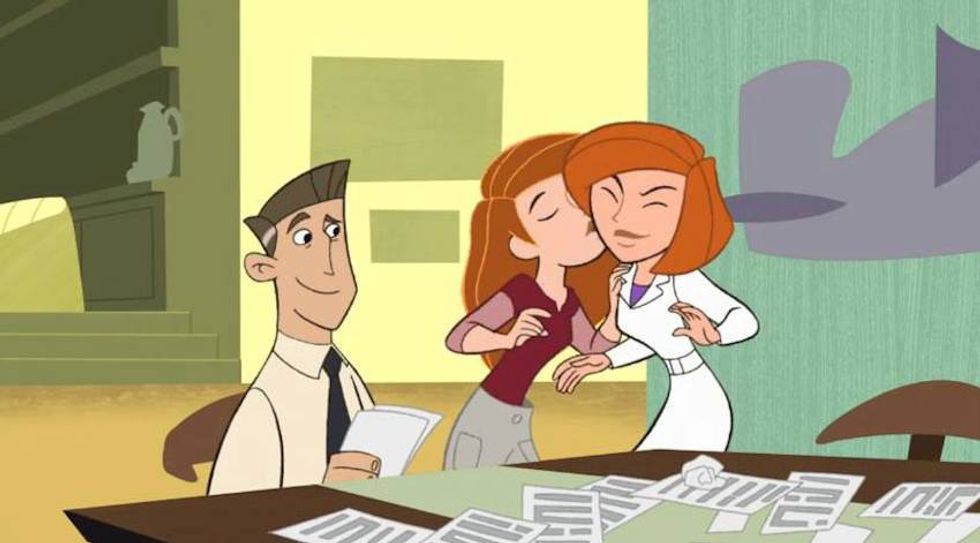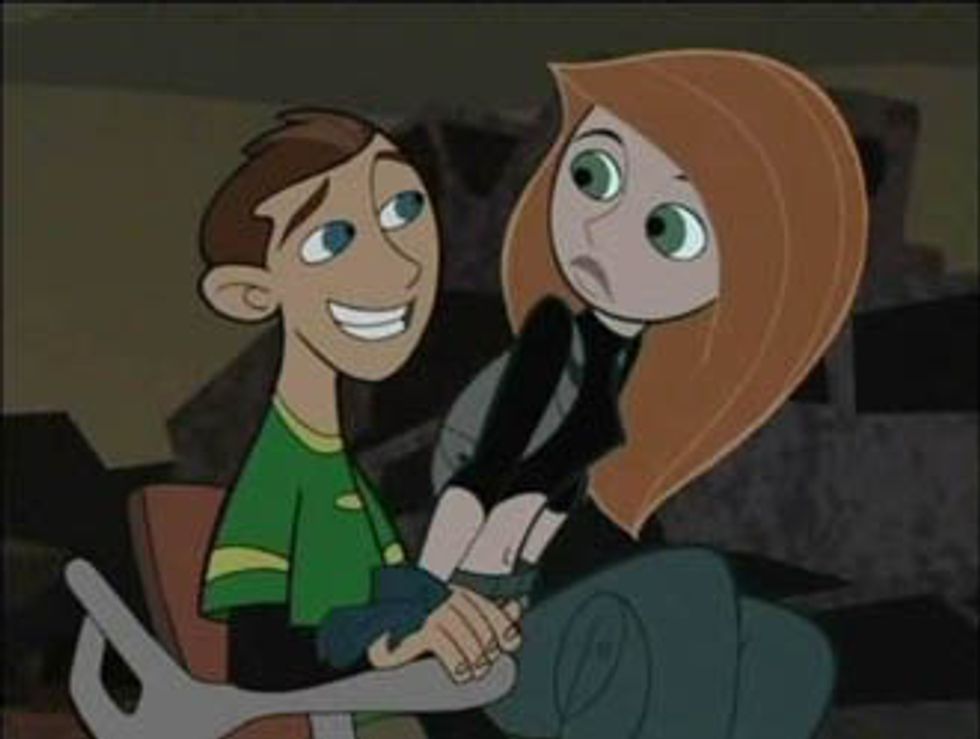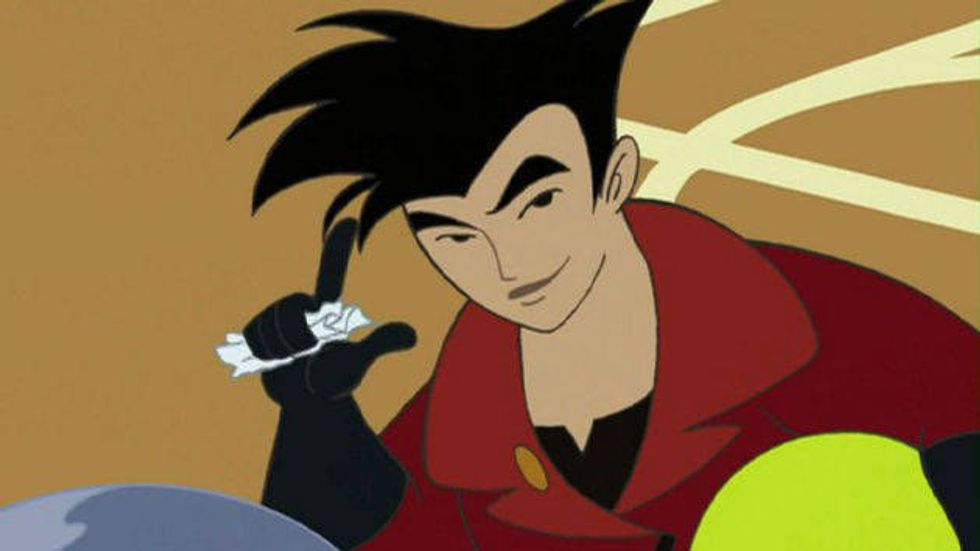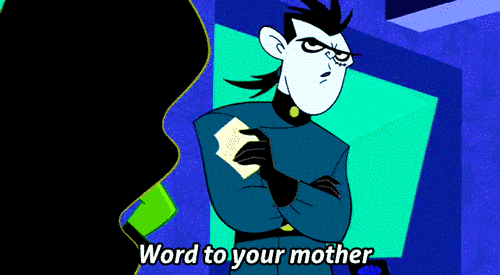We are entering a world on the brink of heavy social change. As a generation, we have been part of a cultural shift to demolish social barriers and question systems of oppression in hopes of finishing the work of social change.
However, too many times this Utopian vision of acceptance is compromised by harmful media representation that perpetuates so many damaging stereotypes. To the point where it seems nearly impossible. Except... it's not. As a wise man once told me, "nothing's impossible for a Possible."
Now, don't give me that look. I know what you're thinking: she's just way too nostalgic. And yes, I am, but I am not exactly being hyperbolic. I've done way too many rhetorical analyses of shows, movies, and books, and realized that many of my entertainment favorites carried negative implicit messages. But as I sat and watched Disney's "Kim Possible" at 1 a.m., I realized that this gem of a Disney show did more harm than good (for once); it was low-key inspirational.
Kim planted my early feminist roots, and perhaps even set my social justice path.
1. Kim Possible was basic.
I know you remember the theme song. Don't act like you don't still have the ICONIC lyrics memorized. (After "Dip It Low," it remains my favorite Christina Milian song.) She was just your "basic average girl," but she was there to save the world with her fantastic cell reception. She cared too much about what boys thought of her, was a little vain, was a brand-snob, loved drama, probably didn't wear a bra, and engaged in many petty actions with her arch-enemy, Bonnie.
She was us. We were her. But this petty, controlling, adorably fashionable teen girl casually put a stop to FBI watch listed criminals with ease. Using her CHEER LEADING SKILLS to take on muscle-men three times her size with the grace of an Olympic champion. Don't ever tell me cheer leading is not a real sport. Don't do it.
In a world that constantly belittles adolescent women for nearly everything they engage in, this show was a beautiful reminder that you should never be ashamed of liking "basic teen girl" things because those skills might help you save the world one day. Anyone who ever put her down due to her love of boy bands or mochas was immediately shut down the moment she saved their town from burning to the ground.
2. Wade was a black, middle-school-age, boy genius.
Okay, so he never went outside. That's a bad thing, I guess. But in a reality where black 12-year-old boys are shot for playing in the street, I suppose his mom was a little relieved that he preferred video games and hacking into Central Intelligence web platforms, but I digress.
The point is, countless media portrayals of young, black males are of a mini-gangsta-in-training; even in positive, action movie depictions, the young, black character is usually receiving orders or carrying out the job. Seeing someone who was usually dismissed and disregarded actually calling the shots, assigning missions and hacking through government-issued technology, well... it was beautiful.
3. Ron was a white, cisgendered male who thoroughly supported the fact that a woman was more skilled at fighting than he.
Ah yes. I have a lot to say about Ron. There was way more character depth in him than just a love for Nacho cheese and hairless rodents. His support of Kim, not just as a friend, but as a fighter was something unparalleled. Sure, there were times where he felt a little unneeded and sick of being called a "buffoon" by Dr. Drakkon, but he was thoroughly supportive in his role as second fiddle.
He didn't bristle at a female being better at something than he was. He did not cry out as an "oppressed white male" or get jealous. More than that, even when Kim was being a little too patronizing, he knew that she knew she needed him for than anything during her missions. I don't care what his last name is, he'll always be unstoppable to me.
4. The unconventional sidekicks were so dynamic (but let's actually talk about Shego)
In so many action films, the male gaze showcases the feminine characters in a position of (damsel in) distress. They are the ones incapable, the ones captured, the ones who can't fight well and struggle to keep up, the only whose outfits were supremely impractical. Now, although the latter was true, you can't deny Kim set the crop top game so high. The typical tropes were reversed with Ron and Kim, she routinely saved him from distress. But, moreover, the relationship between Dr. Drakken and Shego planted my early feminist roots before I even knew I had them.
Despite anything that Dr. Drakken might claim, we all knew who was really running the show. The only "sidekick" part about her was the fact that she kicked the patriarchy on its side routinely.
She was conniving, intelligent, and, although often taken for granted by Drakken (just like a man), she knew he'd be nothing without her. Plus, I shipped it. I shipped it so much.
5. Ron and Kim's friendship to relationship transition wasn't contrived.
Speaking of shipping, we all knew I'd get to this point eventually. Ron and Kim's friendship was the driving force of this series. Even through this gif, my heart still leaps at the moment I was waiting a quarter of my life (at that point) for. But unlike SO MANY of the portrayals of not-so-platonic best friends to lovers that I have been subject to, this build up felt legitimate.
Throughout, they supported each other in other relationship pursuits, routinely were wing men for the other, played down their weird moments of jealousy, and, even after that first relationship trial and prompt breakup with emoticon on Kim (See episode: Emotion Sickness), their friendship remained unscathed. Also I strongly believe they would still be together (because I'm an idealist), it was never a question of the endurance of their friendship, no matter what.
(Yes, I cried after finding this gif.)
6. Ron never complained about the friend zone.
Almost as if that zone didn't exist and was a term created by bitter, entitled boys! Wow. Who woulda thunk?
There was no friend zone because the were actually FRIENDS and that wasn't a consolation prize for either of them. Friendship was the thing they valued most. If we're being real, Kim probably was a little more bitter about Ron's girlfriends than he was about her boyfriends.
7. Dissuaded the "lazy teen" notion
Say what you want about teens being selfish, but I believe that Kim Possible's world was more reflective of what teenagers actually aim to do than anything else. We want to save the world, and we don't expect anything out of it except a "thank you" and good networking opportunities (home girl literally got free rides to mission because she used her business cards). She was a student (a hella good one at that), an athlete (cheer squad LEADER I believe), had a social life to maintain, hella stressed, and still saved the world in her *spare* time because she wanted to. Home girl did not even get paid well.
There was no hero worship, and she didn't even expect it.
She did not have a secret identity (which was, admittedly, very dangerous for her safety, I suppose) because she didn't carry herself as a vigilante justice. She was never raised to a godlike standard as so many heroes are. Her family still set a curfew and gave her advice on her troubles, like her missions were another academic challenge she was set to conquer. Kim never even sought the special treatment. Bonnie still hated her. She still had to turn in her homework on time. She still had to convince Ron to go out with her the old fashion way.
8. She used her privilege well.
Kim Possible was unbelievably privileged. Her father was a scientist and her mother a brain surgeon. She and her twin brothers were incredible smart and talented as a result of a more than quality education. However, the show still showcased how Kim's privilege did not result in complacency, it only strengthened her ambition to help others. I'm just saying that she's one of the best white allies I've encountered (and I heard Tim Wise.)
9. The non-problematic portrayal of disability was perfect.
Remember Felix Renton? There's been a long time problem with the images of paralyzed people: that they are weak, or depressed. Micro aggressions stemming from being surprised about being outgoing to being capable of humor. Felix Renton's character destroyed negative stereotypes without trying too hard. He was hot, funny, athletic and smart. Which was not out of the ordinary for any disabled person. Even when Kim's reaction to Felix (so very much like mainstream media's) was to coddle him, the episode showcased that that behavior was in fact not okay.
10. There was low key diversity.
Okay so, yeah, Monique sort of fell into the black-best-friend trope. But, for me, this was one of the first times I saw a black female character on a mainstream show who wasn't made fun of for her "black girl" traits. She didn't have to change her speaking tone to downplay or overplay her speech, she wasn't mocked for her hair, she was a carefree black girl voiced by Raven Symone, when Raven Symone was someone I admired (lol).
But between her, Zita, and that insanely attractive exchange student, there were so many people of color who weren't showcased stereo typically that I almost forgot Walt Disney himself was a racist.
I could go on, you know I could go on, and tell you a dozen other reasons why "Kim Possible" was the best cartoon to grace Disney Channel (rivaled only by the "Proud Family"), but this listicle is beginning to look more like a rhetorical analysis essay; plus, I should probably stop telling you things you should already know.
I suppose what I'm really saying is that, if the world was a little more like "Kim Possible," there would be no situation we couldn't conquer.







